Hanukkah
Hanukkah, also known as the Festival of Lights, is an eight-day Jewish holiday that commemorates the rededication of the Second Temple in Jerusalem during the Maccabean Revolt against the Seleucid Empire in the 2nd century BCE.
History
The story of Hanukkah is rooted in the events that took place during the Maccabean Revolt, which was a rebellion against the religious persecution of the Jewish people by the Seleucid king Antiochus IV. The revolt was led by Judah Maccabee and his followers, who eventually succeeded in reclaiming and rededicating the Second Temple in 165 BCE.
Celebration
Hanukkah is celebrated by lighting the menorah, a nine-branched candelabrum, each night of the holiday. One additional candle is lit on each successive night, accompanied by special blessings and prayers. The menorah serves as a symbol of the miracle of the temple's oil, which is said to have lasted for eight days, despite only having enough oil for one day.
Other traditions associated with Hanukkah include playing dreidel, a gambling game using a spinning top, and enjoying foods cooked in oil, such as latkes (potato pancakes) and sufganiyot (jelly-filled doughnuts).
Study Guide
- What is the historical significance of Hanukkah?
- How is the story of Hanukkah related to the Maccabean Revolt?
- What is the significance of lighting the menorah during Hanukkah?
- What are some traditional foods eaten during Hanukkah?
- How is the game of dreidel related to the celebration of Hanukkah?
Feel free to use this study guide to test your knowledge and learn more about the rich traditions and history of Hanukkah!
[Hanukkah] Related Worksheets and Study Guides:
.◂Social Studies Worksheets and Study Guides Third Grade. World Holidays
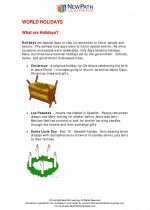
 Study Guide
Study Guide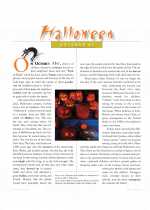
 Study Guide
Study Guide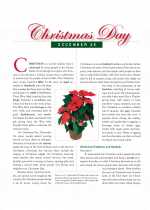
 Study Guide
Study Guide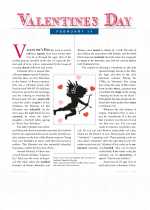
 Study Guide
Study Guide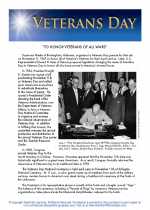
 Study Guide
Study Guide
 Study Guide
Study Guide
 Study Guide
Study Guide
 Study Guide
Study Guide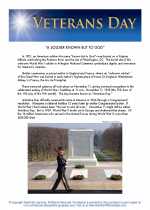
 Worksheet/Answer key
Worksheet/Answer key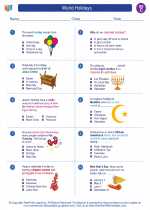
 Worksheet/Answer key
Worksheet/Answer key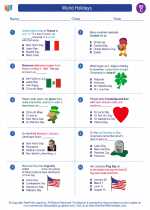
 Worksheet/Answer key
Worksheet/Answer key
 Worksheet/Answer key
Worksheet/Answer key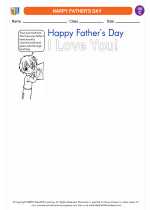
 Worksheet/Answer key
Worksheet/Answer key
